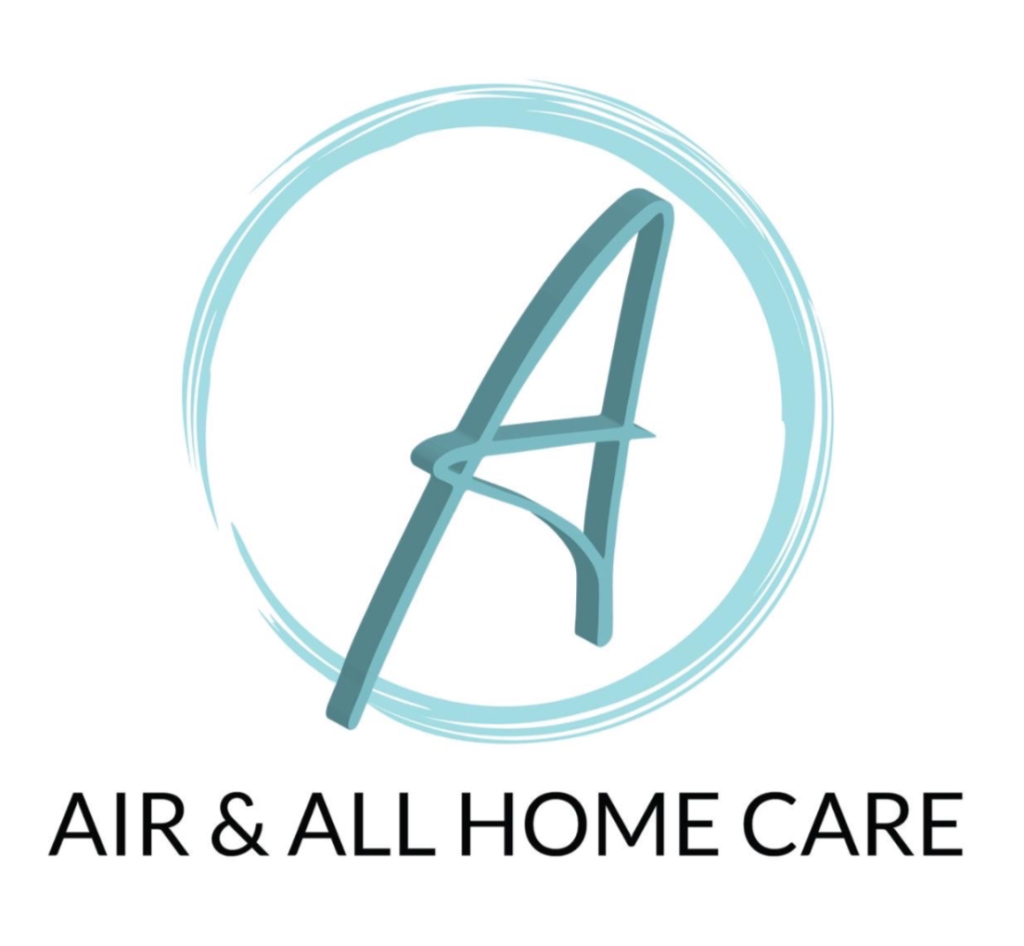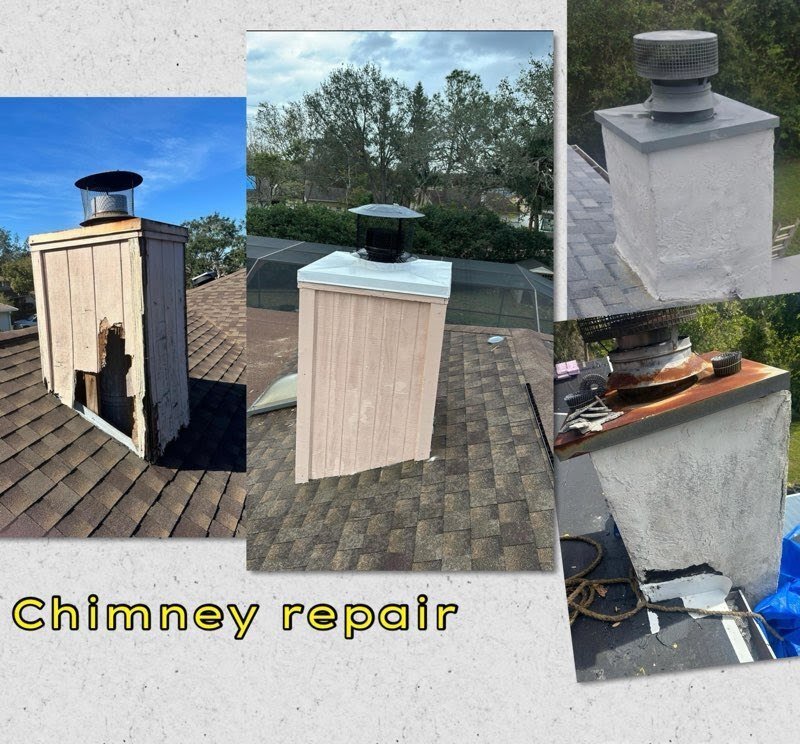Introduction
As the weather cools down, many homeowners look forward to cozy nights by the fireplace. The warm glow of the flames, the crackling of wood, and the comfort of a fire are all part of the charm of the winter season. However, before you enjoy that fire, it’s essential to ensure that your chimney is properly maintained. Chimney maintenance isn’t just about keeping your fireplace functional—it’s about safety, efficiency, and overall home comfort.
Neglecting chimney maintenance can lead to dangerous situations, such as chimney fires, carbon monoxide poisoning, and decreased heating efficiency. In this blog, we’ll dive into why chimney maintenance is so important, what can go wrong if it’s neglected, and how regular cleaning and inspections can keep your home safe and comfortable.
What is Chimney Maintenance?
Chimney maintenance refers to the regular inspection, cleaning, and repairs needed to keep your chimney system in good working order. Your chimney system consists of several components, including the chimney liner, flue, fireplace, and cap. Each part needs to be checked periodically to ensure that it is functioning safely and efficiently.
A typical chimney maintenance schedule includes:
- Annual Inspections: A certified chimney sweep should inspect your chimney at least once a year to check for any damage, creosote buildup, or other potential hazards.
- Cleaning: Regular cleaning removes creosote buildup and other debris that can obstruct airflow, causing dangerous conditions or inefficient heating.
- Repairs: Over time, wear and tear can affect the structure of your chimney. Cracks in the chimney liner, for example, can allow harmful gases like carbon monoxide to enter your home. Repairing these issues promptly is essential.
Why is Chimney Maintenance So Important?
Chimney maintenance is essential for several reasons—chiefly, to prevent safety hazards and ensure that your heating system operates at peak efficiency. Let’s take a closer look at the key benefits of regular chimney maintenance:
-
Prevents Chimney Fires
One of the most significant risks associated with chimneys is the potential for chimney fires. When wood burns in your fireplace, it produces soot and creosote, a highly flammable substance that can accumulate inside the chimney over time. If enough creosote builds up, it can catch fire, causing a potentially catastrophic chimney fire.
The National Fire Protection Association (NFPA) estimates that chimney fires are responsible for thousands of house fires each year. Regular chimney cleaning removes creosote buildup, reducing the risk of these dangerous fires. Having your chimney inspected and cleaned by a professional ensures that creosote levels remain low, keeping your home and family safe.
-
Reduces the Risk of Carbon Monoxide Poisoning
Your chimney’s primary function is to safely vent the smoke and gases from your fireplace or stove outside of your home. If the chimney becomes obstructed with debris or creosote, it can block this vital airflow, causing dangerous gases like carbon monoxide to back up into your home.
Carbon monoxide is a colorless, odorless gas that can be deadly in high concentrations. It can cause symptoms such as headaches, dizziness, nausea, and even unconsciousness. A clogged or damaged chimney increases the risk of carbon monoxide poisoning, but regular maintenance and inspections can ensure proper ventilation, protecting your home and family.
-
Improves Heating Efficiency
A clean and well-maintained chimney helps your fireplace or stove operate more efficiently. When your chimney is clogged with soot or debris, it restricts airflow, causing the fire to burn less efficiently. This means you may need to use more wood or fuel to generate the same amount of heat, increasing your heating costs.
By maintaining a clear and clean chimney, you allow air to flow freely, ensuring that your fire burns hotter and more efficiently. This not only helps you save money on heating bills but also makes your fireplace or stove a more effective and enjoyable heat source.
-
Extends the Lifespan of Your Chimney
Like any other part of your home, your chimney requires regular care to ensure it lasts as long as possible. The buildup of creosote and soot, as well as exposure to weather elements, can cause damage to the chimney over time. Cracked liners, rusted components, or deteriorating brickwork can compromise the structural integrity of the chimney.
Regular inspections and cleaning help catch small issues before they become large, costly problems. By addressing minor repairs promptly, you can extend the lifespan of your chimney and avoid expensive replacements or major repairs down the road.
Signs Your Chimney Needs Maintenance
While annual inspections are recommended, there are some signs that indicate your chimney may need attention between regular checkups. Here are a few things to watch out for:
- A Strong, Smoky Odor: If you notice a persistent smoky smell in your home, especially after using the fireplace, it could indicate that there’s a blockage or buildup in your chimney. The smell is often a sign that creosote or soot has accumulated, reducing airflow and causing poor combustion.
- Visible Damage to the Chimney: Cracked or missing bricks, a damaged chimney cap, or rusted components are signs that your chimney may need repairs. These issues can affect the structural integrity of the chimney and lead to further damage if left unaddressed.
- Excessive Soot or Creosote Build-Up: If you notice black soot accumulating around your fireplace or stove, it’s a sign that there’s excess creosote in the chimney. This buildup can become a fire hazard, so it’s important to have it cleaned as soon as possible.
- Smoke Backing Up into the Home: If you notice smoke entering your living space when you light a fire, this is a clear indication that your chimney is obstructed or not ventilating properly. This could be caused by a blockage, such as leaves, debris, or bird nests, and should be inspected immediately.
How to Keep Your Chimney in Top Shape
While regular professional chimney maintenance is crucial, there are a few steps you can take to keep your chimney functioning properly between cleanings:
-
Burn Only Dry, Seasoned Wood
Burning wet or unseasoned wood can create excessive smoke and lead to increased creosote buildup in your chimney. Always use dry, well-seasoned wood to reduce the amount of smoke and debris produced by your fire.
-
Use Your Fireplace Regularly
Using your fireplace or wood stove regularly helps maintain airflow in the chimney. When the chimney is used, it helps prevent creosote buildup and ensures that the flue remains clear. However, be sure to clean the chimney after heavy usage to prevent dangerous accumulation.
-
Install a Chimney Cap
A chimney cap helps prevent debris, leaves, birds, and animals from entering your chimney. It also prevents rain from entering and causing rust or deterioration inside the chimney. A properly installed chimney cap can extend the lifespan of your chimney and help prevent costly repairs.
-
Schedule Annual Inspections
The best way to ensure your chimney is safe and functional is by scheduling regular inspections with a certified chimney sweep. A professional can identify potential issues, clean the chimney, and make any necessary repairs to keep the system in optimal condition.
Conclusion
Chimney maintenance is a vital part of ensuring the safety and comfort of your home. Regular cleaning and inspections not only reduce the risk of chimney fires and carbon monoxide poisoning but also improve heating efficiency, extend the life of your chimney, and provide peace of mind. By staying on top of chimney care, you can enjoy the warmth and comfort of your fireplace while keeping your home and family safe.
Don’t wait until problems arise—schedule a professional chimney inspection and cleaning today to keep your fireplace running smoothly and safely for many years to come.
Chimney maintenance is one of those tasks that’s easy to overlook, but it can make all the difference when it comes to home safety and comfort. Take action today to ensure that your chimney is in top condition, and enjoy a safe and cozy winter season!


